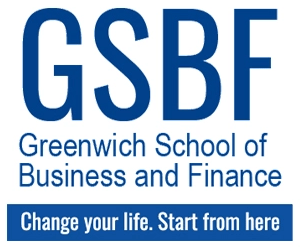Undergraduate Certificate in Co-Parenting after Divorce and Separation.
Educational Excellence: Trusted by thousands of learners worldwide
Overview
Learning outcomes
Develop effective communication skills in co-parenting relationships.
Understand the impact of divorce and separation on children and how to mitigate negative effects through co-parenting strategies.
Learn conflict resolution techniques to navigate challenging situations in co-parenting dynamics.
Gain insight into legal aspects of co-parenting after divorce or separation, including custody agreements and parental rights.
Course content
Communication Strategies for Co-Parenting
Emotional Intelligence in Co-Parenting
Setting Boundaries and Expectations
Co-Parenting Conflict Resolution
Legal Aspects of Co-Parenting
Child Development and Co-Parenting
Managing Finances in Co-Parenting
Creating a Co-Parenting Plan
Supporting Children through Divorce
Self-Care for Co-Parents.
Communication Strategies for Co-Parenting
Legal Aspects of Co-Parenting
Emotional Impact of Divorce on Children
Conflict Resolution Techniques for Co-Parents
Creating a Co-Parenting Plan
Effective Co-Parenting Communication
Supporting Children Through Divorce
Establishing Boundaries in Co-Parenting
Co-Parenting and Blended Families
Collaborative Co-Parenting Practices
Duration
The programme is available in two duration modes:
Fast track - 1 month
Standard mode - 2 months
Course fee
The fee for the programme is as follows:
Fast track - 1 month: GBP £149
Standard mode - 2 months: GBP £99
Career Path
Key facts
Why this course
| Year | Number of Divorces in the UK |
|---|---|
| 2018 | 90,871 |
| 2019 | 107,599 |
| 2020 | 108,421 |
Frequently asked questions
What is the duration of the Undergraduate Certificate in Co-Parenting after Divorce and Separation program?
The program typically takes 6 months to complete on a part-time basis.
Is the certificate program recognized by any professional organizations?
Yes, the program is recognized by the National Association of Divorce Professionals (NADP) and the American Association of Marriage and Family Therapy (AAMFT).
Can I pursue this certificate program if I am not a licensed therapist or counselor?
Yes, the program is open to individuals from various backgrounds, including parents, educators, social workers, and legal professionals.

